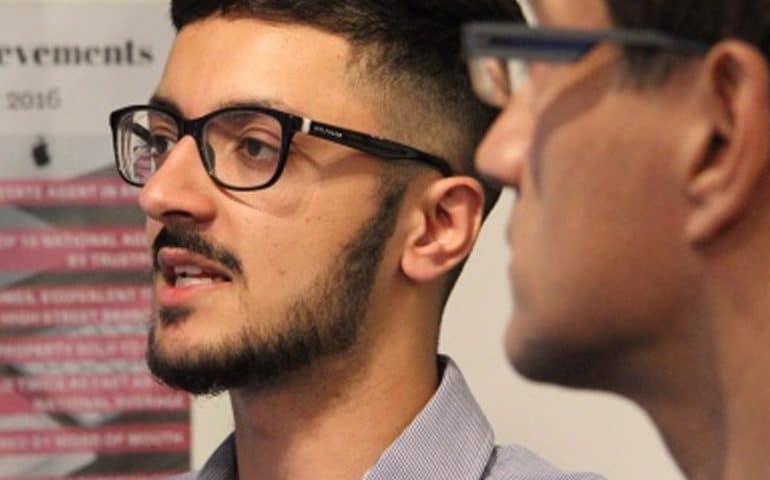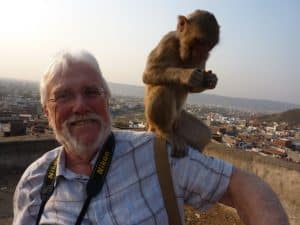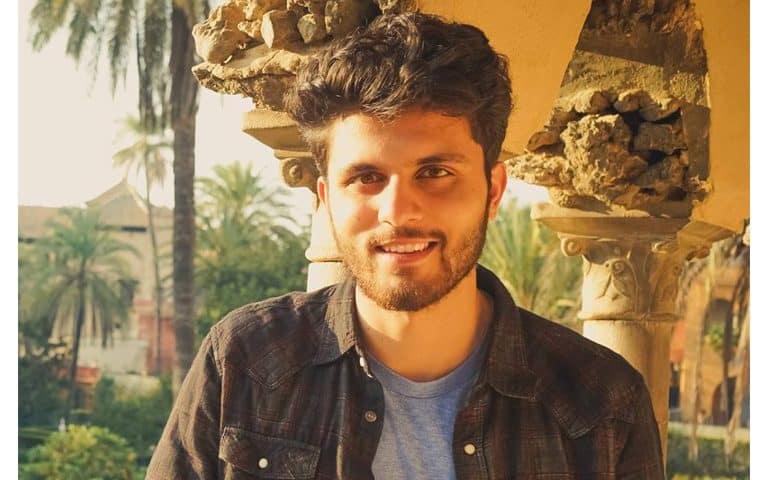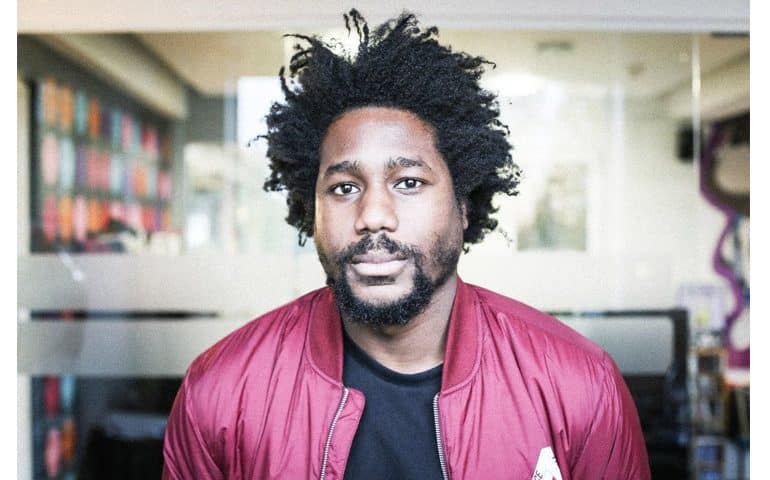
Akshay Ruparelia has launched his online estate agency and secured more than half-a-million pounds in investment – just a year after completing his A-levels at QE.
Having previously secured £100,000 as an initial investment, Akshay’s current fund-raising campaign for Doorsteps.co.uk hit its £400,000 target in less than half of its 30-day window, which runs until 27th July 2017. “It’s great news – and I’m sure some in the QE alumni network may be interested in investing in the remaining few days, especially as our largest backer in this campaign is a vice-chairman of Merrill Lynch.” (Compliance rules prohibit Akshay from disclosing this investor’s identity at this stage.)
“My ambitions did depend upon raising the money, so it seems I will now be pursuing them!” says Akshay (OE 2009–2016).
His interest in starting his own business was already well established while he was at school.
“I had long had an ‘entrepreneurial streak’ about me (I hate using the phrase, though, as it is so abstract), whether I was selling sweets in school (sorry!), colognes, or portable chargers. I wasn’t hugely involved in clubs, but I did found the Young Entrepreneurship Club, which was an upper school competition for developing and nurturing new ideas.
“QE has helped me develop a sense of independence and resilience in a competitive atmosphere. This really gave me the mettle and the determination I needed, built over the years. I have also been plagued by a huge work ethic driving me to pursue the business further, in a gap year!”
Akshay spent the first year of his A-levels working on an app –housesmartapp.com/housesmartapp.co.uk. “The app really confirmed my passion – almost an obsession – for the property market, as I saw how entrenched the market was. It lacked disruption and was archaic in its ways, yet we had grown up seeing shopping, dating, reading, taxis and other markets being disrupted and sometimes overhauled completely.”
He was inspired by the record of online market leader Purplebricks, which in just three years had built a market share approaching that of Countrywide, the UK’s largest estate agent, which had been developed through half a century of acquisitions and brand-building.
“The market is ripe for disruption: it’s simply not every day that there is an opportunity to step into such a revolution!”
“I attempted to build the structure of the app with developers, funded initially by renowned internet entrepreneur Mark Kotecha, who has gone on to become a major supporter of Doorsteps.co.uk.” It was at this point that Akshay hit difficulties. “To cut a long story short, this app was far too revolutionary for the market.”
And so, during the second year of his A-levels, he changed tack. “Without compromising grades, I focused on developing a go-to-market strategy for the business – an online agency with a real branded feel, value proposition and great service. Something the market lacked, in my opinion.”
His A-level results last August presented him with a dilemma: “I secured a place to read Economics at University College London.” (Akshay wanted to stay in London, because he was a carer for both of his parents, who are deaf, and because his only other sibling was moving out to get married.) “But I had also secured a £100,000 angel investment to develop the business in the direction I wanted.” He opted to develop the business.
“After continuously tough work, we have rebranded to a warmer feel and the result is doorsteps.co.uk. Within six months of full incorporation, we have escalated to the point where we are the sixth-largest online agency in UK and 41st of over 12,000 general estate agents, based on size.”
Akshay has hired several customer service staff – a focus which is already bearing fruit. “We are top-rated on Trustpilot and word-of-mouth has allowed organic growth, with revenues growing tenfold in less than six months.”
The current fund-raising to enable further expansion and growth is being conducted through the Crowdcube crowd-funding platform. Further details are available here. Akshay can be contacted by email.


 Richard ‘Jerry’ Golland, a solicitor who lives in Welwyn Hatfield, helped hundreds of young people during more than a decade with The Prince’s Trust. He continues to work with The Sylvia Adams Charitable Trust, a charity formed with the £5.2m assets of an antique dealer which helps vulnerable children and families affected by illness in the UK and supports development projects in Africa.
Richard ‘Jerry’ Golland, a solicitor who lives in Welwyn Hatfield, helped hundreds of young people during more than a decade with The Prince’s Trust. He continues to work with The Sylvia Adams Charitable Trust, a charity formed with the £5.2m assets of an antique dealer which helps vulnerable children and families affected by illness in the UK and supports development projects in Africa.
